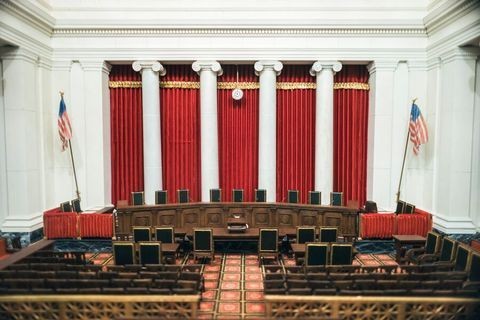Animus Unnecessary for Improper Termination
Client Alert | 1 min read | 04.09.13
In a decision that catalogued and continued the confusion in the Federal Circuit's case law concerning when a termination for convenience may be challenged as improper and, thus, give rise to breach damages, the CFC in Tigerswan, Inc. v. U.S. (Apr. 2, 2013) rebuffed the government's position that, to prevail, the contractor must always show a specific intent to harm the contractor. It then ruled that the contractor could not show a breach of good faith duties because the contract contained a termination clause, but then also ruled that actionable bad faith is shown if the government has engaged in improper self-dealing (which tracks the Restatement's definition of breach of good faith duties).
Insights
Client Alert | 6 min read | 02.27.26
The U.S. Supreme Court’s February 20, 2026, opinion in Learning Resources. v. Trump (decided with Trump v. V.O.S. Selections), holding that the President lacks authority to impose tariffs under the International Emergency Economic Powers Act (IEEPA), is notable for many reasons — including its practical impact on the many U.S. companies who paid steep tariffs on global imports and may now be able to recover by filing suit before the Court of International Trade (CIT). That possibility and the key reasons for the High Court’s decision are discussed in our recent alert on this momentous decision.
Client Alert | 4 min read | 02.27.26
New Jersey Expands FLA Protections Effective July 2026: What Employers Need to Know
Client Alert | 3 min read | 02.26.26
Client Alert | 4 min read | 02.26.26


